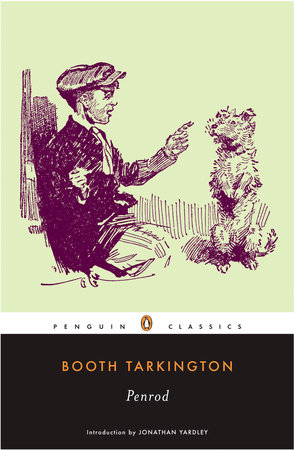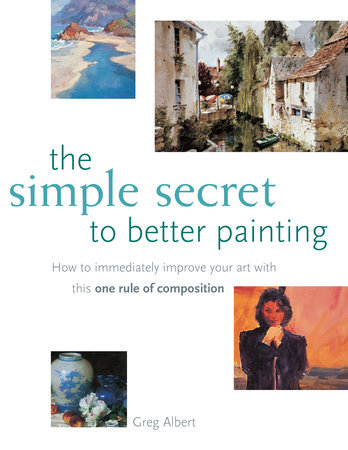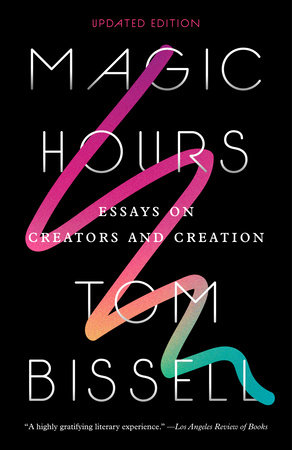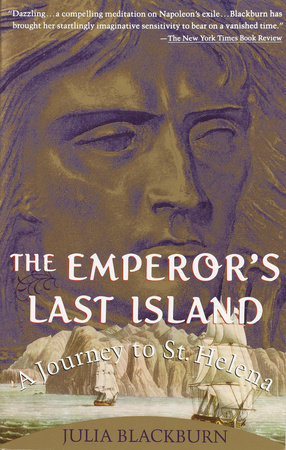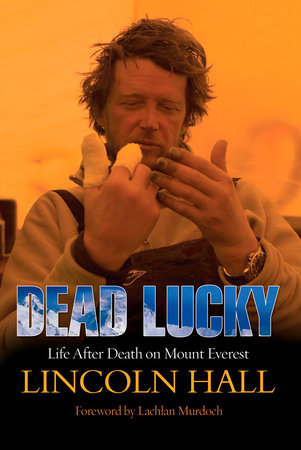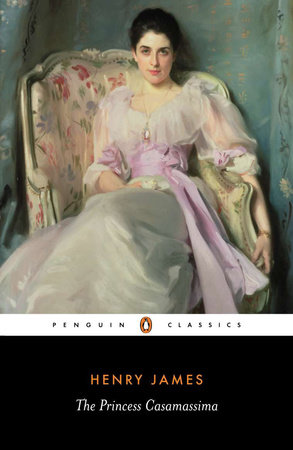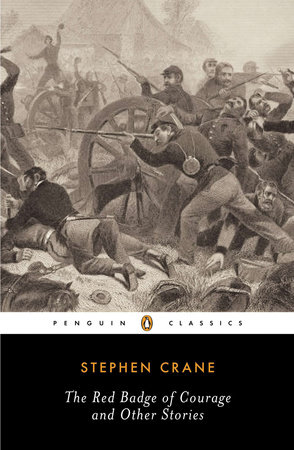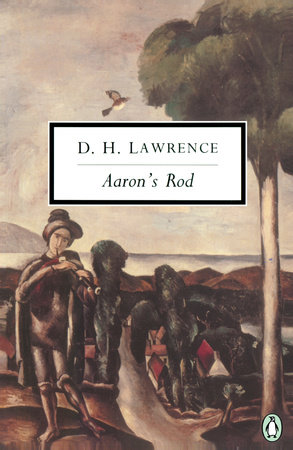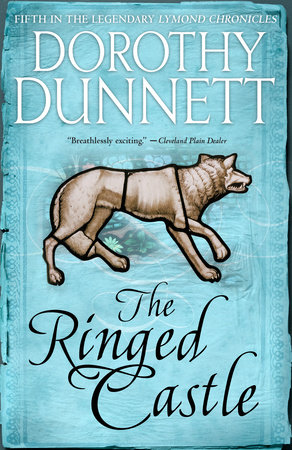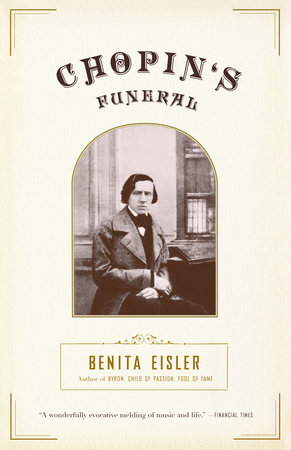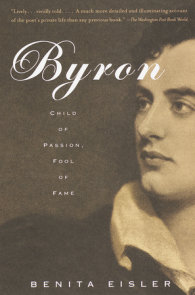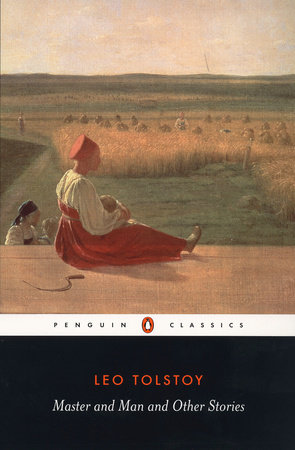Author Q&A
A Conversation with Benita Eisler author of CHOPIN’S FUNERAL
Q: Your subjects have included artists, painters, poets, musicians. How do you go about selecting a subject and how do you shift gears?
A: I’m ever more fascinated by the difference between talent and genius, and the way these play out in terms of both the artist’s character or psychology, their medium of expression and the work of art. Georgia O’Keefe is a perfect example of how talent tends to trump genius, because it’s so much more marketable. “You can’t keep a good second-rater down” applies perfectly to this painter. And my book was really about the brilliant way Alfred Stieglitz marketed O’Keefe.
Byron attracted me, in part for the same reasons. He obsessed his contemporaries and continues to fascinate us: he was handsome, well-born, brilliant and seductive with a kind of Nietzcean will to power often found in those with physical deformities. And his poetry is marvelous; the great revelation to me was what a great satirist he was; savage, unsparing. With Byron, too, I feel there is more intelligence, talent and sheer will in his poetry than the kind of irreducible genius we recognize with Keats and Chopin.
Q: How did you come to Chopin and why did you decide to make his funeral the set piece for this book?
A: Chopin represents the only real “shift of gears” for me. Although I spent years “stuck” as an “advanced” music student, I never realized how terrifyingly hard it is to write about music: The effort gave me new respect, if not awe, for the daily reviewers who manage to bring back alive the sound, qualities and style of a performer. I’d always loved playing Chopin-my piano teacher used the mazurkas as a “reward” for swotting at those hateful Czemy exercizes. Once you’ve played Chopin, you realize how much a certain “simplicity” defines genius-one that will ever after be recognizeable.
Q: What is it about funerals that make them so ripe for drama?
A: Ghoulish as it sounds, I love writing about funerals. (So do novelists and screenwriters: Amsterdam, The Big Chill, not to mention Four Weddings and . . .are a few recent examples that come to mind. “In our end is our beginning,” Eliot wrote, and our end, along with the ceremony that marks it, tells us volumes about the life lived in between these events. Chopin’s funeral, in particular, its splendor, pomp-like a head of state–provided the most dramatic contrast to the composer’s last years and his death: a homeless wanderer, he died destitute. My story is-How did this happen?
Q: In researching this book what surprised you most about Chopin?
A: To go back to Chopin as a genius, I was constantly reminded, in my research, of the disconnect between the greatness of the artist and the ordinariness of the man. Perhaps musical genius is related to mathematics, in the sense of being utterly unrelated to anything else. In his world view, and especially his prejudices, Chopin had more in common with a 19th Century Polish peasant than with the “enlightened” artists and intellectuals who were his friends-starting with George Sand herself.
Q: You are writing about a time when Classical musicians were really full-blown celebrities. What changed?
A: There are still classical musicians who are celebrities and even cult figures-I’m thinking of the late Glenn Gould—and crossover artists like Pavarotti, but now, there are competing forms of musical stardom and it’s largely teenagers’ taste that determines performer celebrity.
Q: You bring to life the dramatic love story of Chopin and George Sand. What do you think drew these two amazing talents together? And what were the biggest forces that tore them apart?
A: The story of Chopin and George Sand is probably the most famous love affair of the last two hundred years. Certainly, it’s the best known chapter of Chopin’s life and possibly the only thing many people know a bout Sand. No pair of lovers, to my knowledge, has had two movies devoted to them: the favorite of my own adolesence was-A Song to Remember from which Liberace is said to have derived his inspiration of placing candelabra on the piano and I loved the witty “post-modern” Nocturne; Hugh Grant as a foppish, virginal Chopin has more truth than poetry. The universal element of their liaison is the attraction of opposites: the private, aristocratic composer; politically and socially conservative; nostalgic for the old Order and the writer, social activist,”intellectual of the Left”, as we would now call Sand. She was most drawn to Chopin’s genius and it’s a less known aspect of their relationship, that she brilliantly managed his career as a performer. In Sand, Chopin found sexual liberation, along with a maternal presence. In the decade they were together, she took charge of her lover’s life, allowing him the freedom to devote himself to music. At Nohant, her estate in the Berry, Sand created an artist’s Utopia, where Chopin composed over half of his oeuvre.
The end of their “paradise” (Sand’s word) had many causes, the most predictable being that Sand grew tired of an increasingly sick, difficult and possessive companion. Her role had changed from lover, companion and friend, to caretaker of a critical, querulous boarder. What finally ended their relationship were the shifting alliances in the Freudian family romance.
Q: You write about the special relationship Chopin had with Sand’s daughter Solange, a relationship that lasted beyond the collapse of Chopin and Sand’s romance. What special bonds held these two together?
A: When Chopin first became part of Sand’s family, her son Maurice was still an adolescent and Solange, Sand’s daughter, was nine years old. As they left childhood behind, Chopin was caught in the middle of roiling oedipal dramas. He stood in the way of the son’s need to become the man of the family and tried to protect Solange from her mother’s hostility and a disastrous marriage. For both of these sins, he was punished, banished from the only family he had known since his exile from Poland.
Q: Chopin died at age 39. What do you think the future might have held in store for him?
A: Chopin was ill for so much of his adult life; the beginnings of consumption were apparent from the time of his arrival in France. This was a disease for which there was no cure and as his condition deteriorated, both his earnings as a performer and teacher, along with the energy required to push the compositional innovations of his last style to completion were exhausted. Had he been granted a decade more, it’s tempting to reflect how far in the direction of musical modernism he might have traveled.



